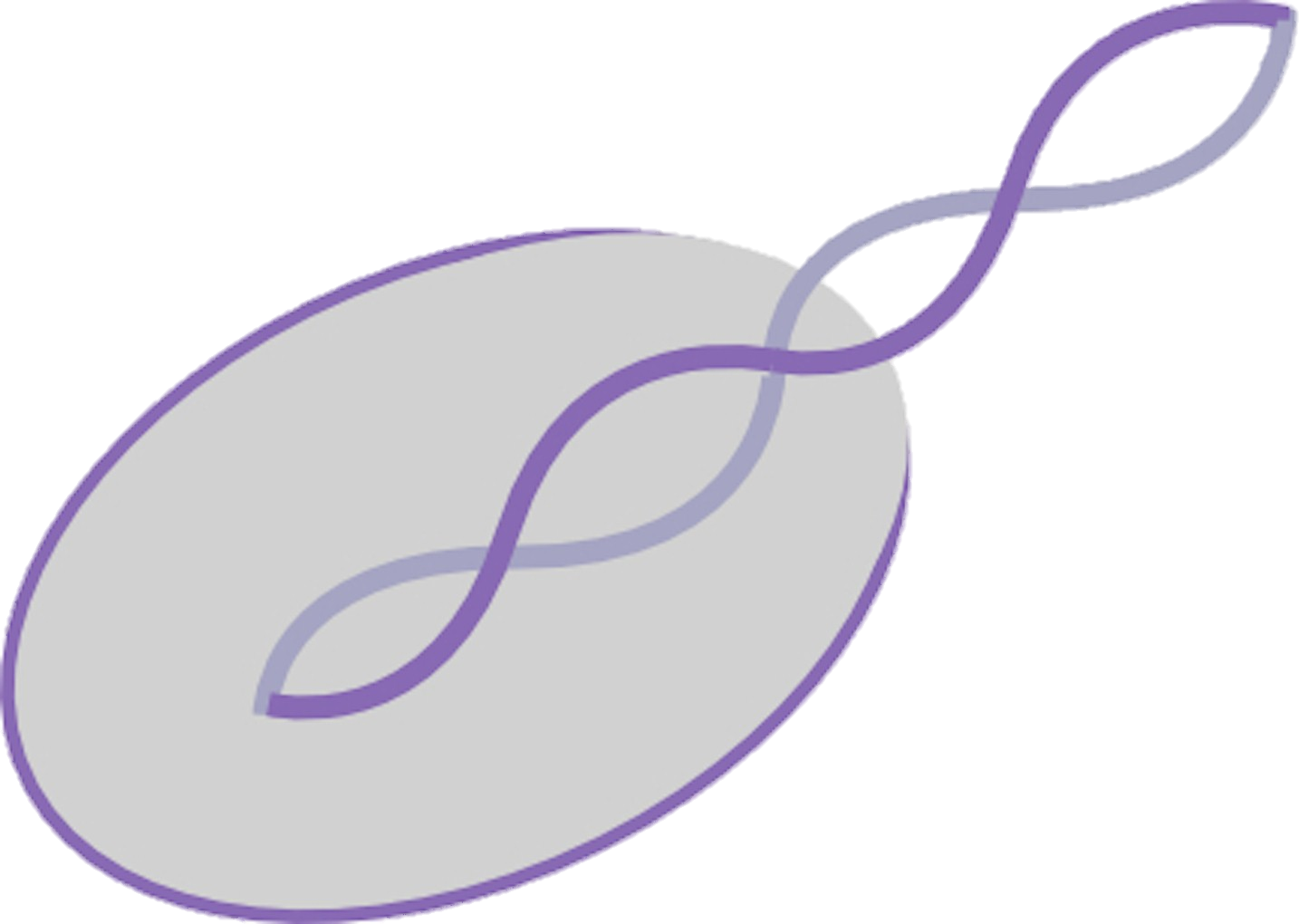writen by: Frost, B.; Schmidt, M.; Klein, B.; Loeffler-Wirth, H.; Krohn, K.; Reidenbach, T., .Binder, H, . . Kunz, M., (Department of Dermatology, Venereology and Allergology, University of Leipzig Medical Center, Leipzig, Germany in cooperation with Interdisciplinary Center for Bioinformatics, University of Leipzig, Leipzig, Germany and Medical Faculty, Center for DNA Technologies, University of Leipzig, Leipzig, Germany)

ABSTRACT
Rationale: Psoriasis is a chronic inflammatory skin disease involving different cytokines and chemokines.
Objectives: Here we use single-cell transcriptomic analyses to identify relevant immune cell and nonimmune cell populations for an in-depth characterization of cell types and inflammatory mediators in this disease.
Methods: Psoriasis skin lesions of eight patients are analyzed using single-cell technology. Data are further validated by in situ hybridization (ISH) of human tissues, serum analyses of human samples and tissues of a murine model of psoriasis, and by in vitro cell culture experiments.
Results: Several different immune-activated cell types with particular cytokine patterns are identified such as keratinocytes, T-helper cells, dendritic cells, macrophages, and fibroblasts. Apart from well-known factors, IL-14 (TXLNA), IL-18, and IL-32 are identified with prominent expression in individual cell types in psoriasis. The percentage of inflammatory cellular subtypes expressing IL-14, IL-18, and IL-32 was significantly higher in psoriatic skin compared with healthy control skin. These findings were confirmed by ISH of human skin samples, in a murine model of psoriasis, in human serum samples, and in in vitro experiments.
Conclusions: Taken together, we provide a differentiated view of psoriasis immune-cell phenotypes that support the role of IL-14, IL-18, and IL-32 in psoriasis pathogenesis.
>> to read the full article, go here: https://onlinelibrary.wiley.com/doi/10.1002/eji.202250354
